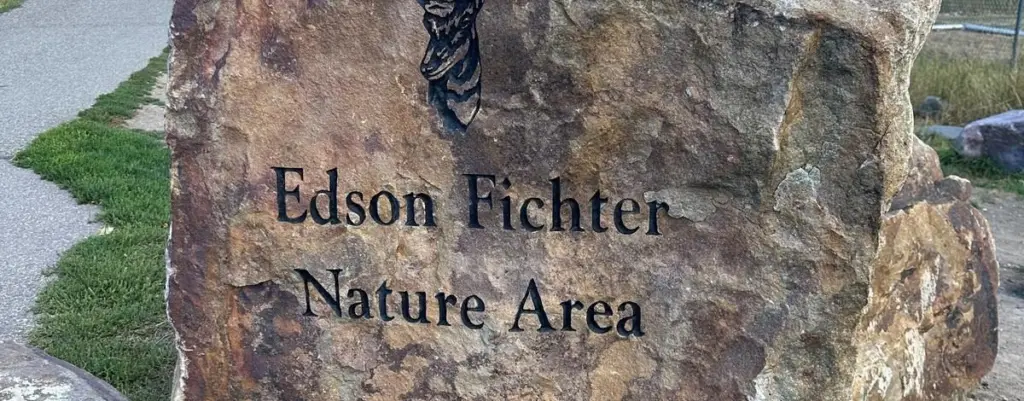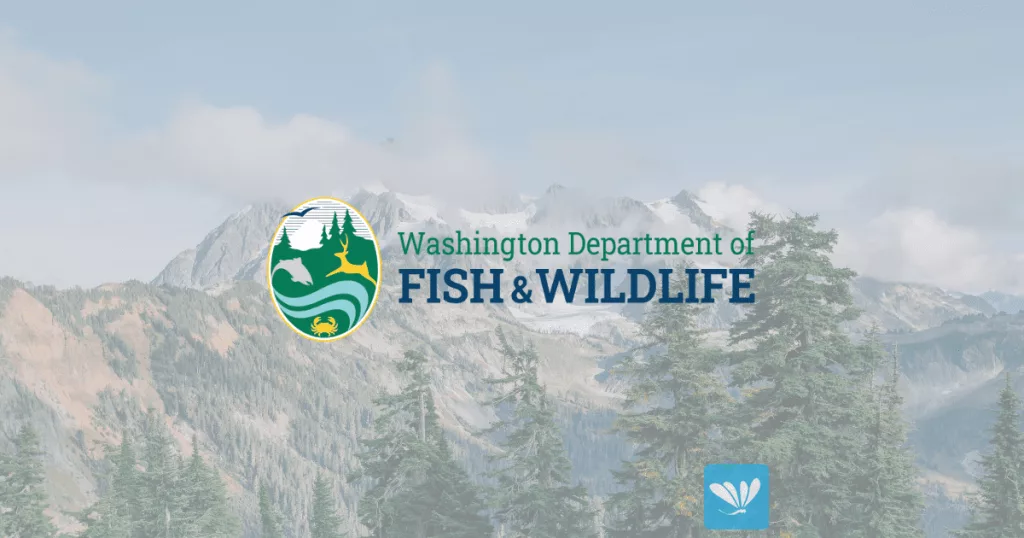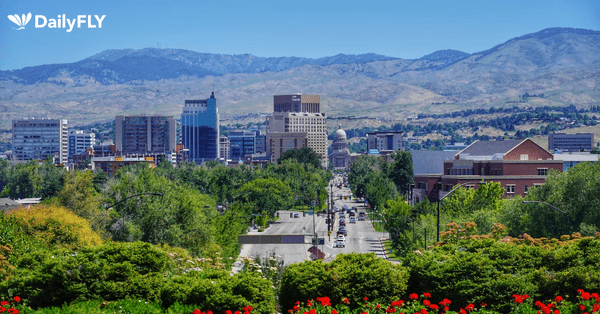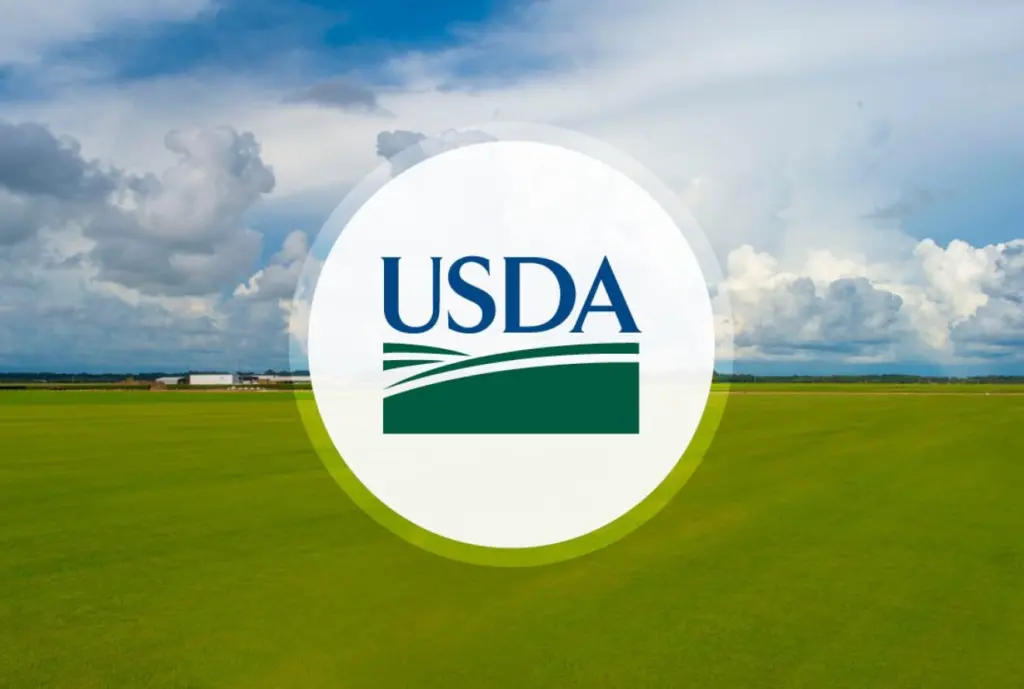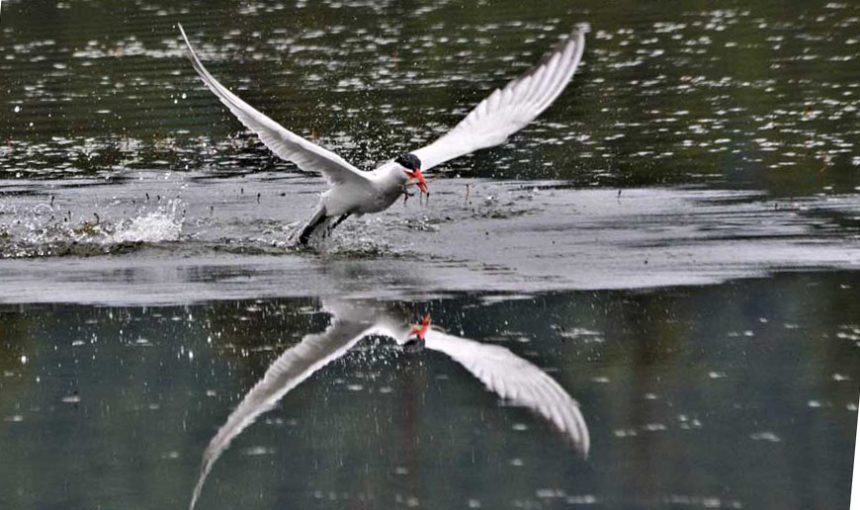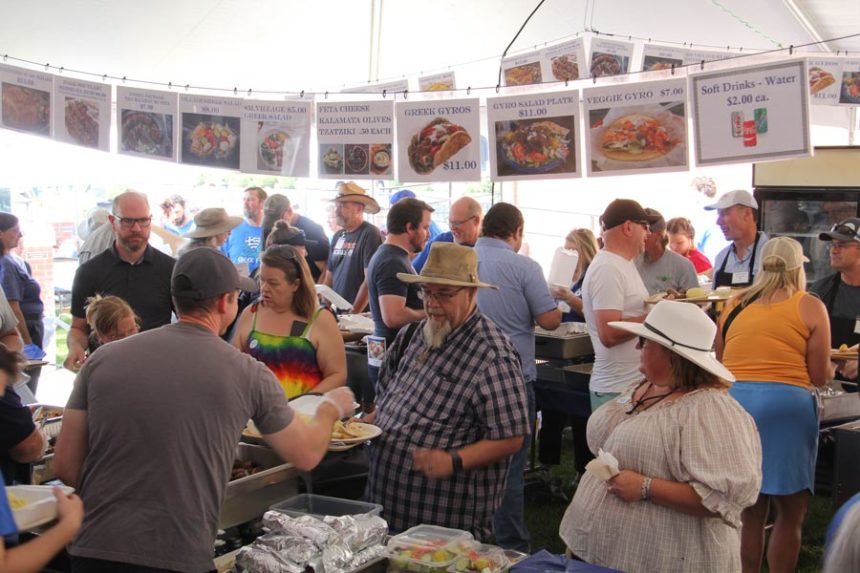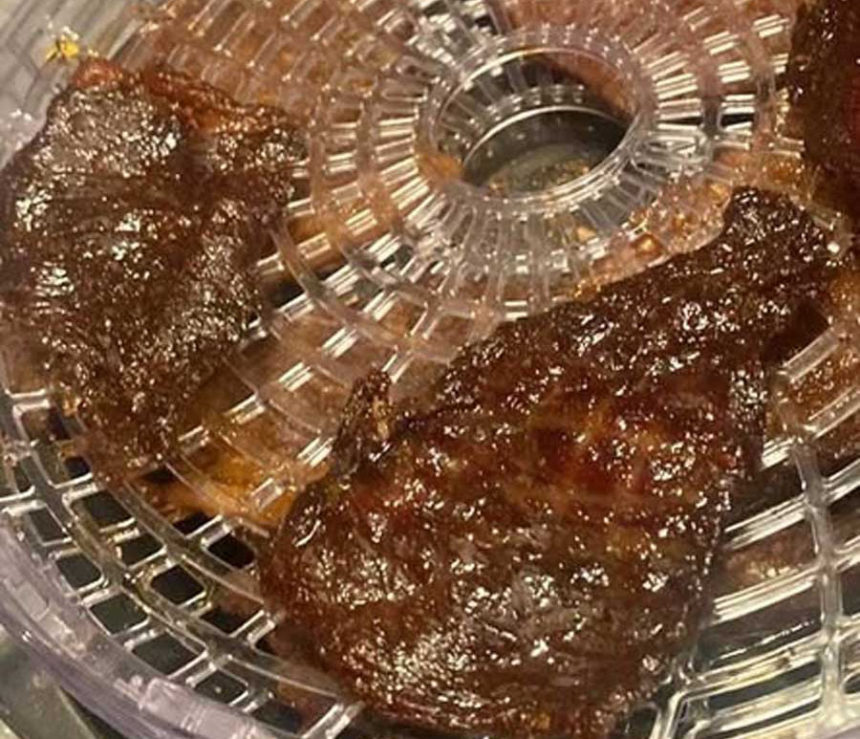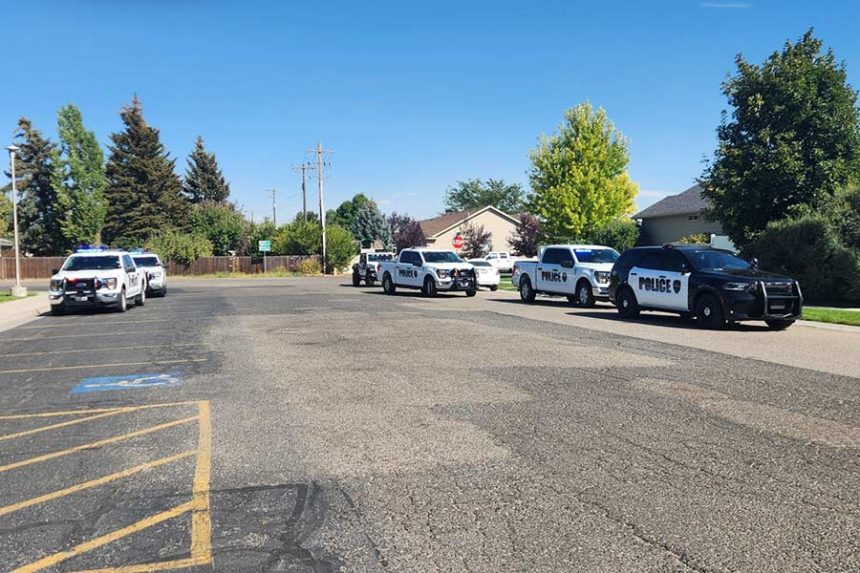Underscore Native News was the original source of this news.
MT HOOD, OR During the weekend of August 8–10, a circle of tents was set up beneath the tall trees of the Mt. Hood National Forest. The sun shone on the laughing faces of the campers as they ate a dinner of chicken and carnitas tacos. Native American campers from the Pacific Northwest and the United States, ages ranging from teenagers to adults, came together to spend the entire weekend in the great outdoors.
Parrott Creek Child and Family Services organized their first camping trip for Indigenous people in collaboration with Bark and Future Generations Collaborative. The programming featured nature-based activities to bring people outside and interact with the land, as well as cultural events to impart traditional skills.
Access to National Parks and public lands is under jeopardy as the Trump administration reduces funding and protection for these areas.
The goal of the weekend, according to Ameyalli Ma on-Ferguson, Osage, and Mazahu, cultural ecology program manager at Parrott Creek Child and Family Services, was to try to attract urban Natives into the mountains and develop a simple and accessible plan to get people onto the land.
For many different communities, Mount Hood is a sacred location. It’s also a terrific opportunity to bring folks out on the land, especially those who come from more metropolitan regions like the Portland metro area, she added. Natural spaces are quite limited in Portland, and Native people have very limited access to culturally suitable native regions.
Parrott Creek Child and Family Services constantly strives to incorporate Indigenous peoples into their programming, according to Ma on-Ferguson. In 2020, 80 acres of land in Parrott Creek were given to the private owner by Clackamas County. The nonprofit’s management was aware that they wanted to make a land-back effort, but they were unsure of how to go about it. They made the decision to concentrate on restoring the land so that it serves the community as an environmentally and culturally functional location in collaboration with a group of Indigenous ecologists from Friends of Tryon Creek.
According to Ma on-Ferguson, the ultimate goal of all our restoration efforts and stewardship objectives is to protect the land for cultural purposes, after which we hope to engage the larger community and our young people and provide some sort of benefit to numerous marginalized groups. However, this camping trip is essentially an extension of our stewardship goals, which are to establish as close a connection as possible between Native people and nature.
Ma on-Ferguson and Parrott Creek Child and Family Services cultural ecology program coordinator Autumn Martinez started coming up with ideas for how to make the camping trip a reality with the assistance of Bark, a nonprofit organization watchdog that keeps an eye on logging and timber sales in Mt. Hood, and Future Generations Collaborative, a collaboration between Native serving and Native-specific organizations.
According to Ma on-Ferguson, outdoor activity might feel quite exclusive and very costly. if you were not taught how to fish, trek, camp, etc. as a child. Attempting to do it can be really intimidating.
Martinez and Ma on-Ferguson wanted to make the trip as accessible as possible, so they provided everything from tents, sleeping bags and pads, camping chairs, lamps, portable restrooms, lunch, dinner, and gift cards to cover petrol.
Martinez stated, “We wanted to meet people where they are, give them the tools they need, help them succeed, and really create a safe environment for them to recreate, learn new skills, and connect.”
Indigenous-led workshops in beading, weaving, cordage making, swimming in Timothy Lake, berry picking, hiking, and the opportunity to go on a plant walk gave participants a summer camp experience throughout the course of the weekend. Additionally, BARK offered them the opportunity to participate in an optional beaver survey or groundtruthing survey, which involves hiking timber sale land proposals, closely observing the forest, and then drawing attention to differences between the ecological conditions and the Forest Service’s management strategy.
Meg Waller, the manager of Bark’s restoration program, cooked the majority of the meals and oversaw an optional beaver survey for the weekend. “The partnership between Bark and Parrot Creek was natural,” Waller remarked as she mixed ingredients for Saturday night’s dinner of frybread and bison chili. But according to Waller, the most of Bark camping trip attendees are non-Indigenous volunteers and students.
Accessibility and bringing people out onto Mount Hood are two of our top concerns. “We don’t typically have many Indigenous people come out with us for a variety of reasons, so it’s definitely a priority of ours to reach out to that community more and be a resource,” she added.
Campers learned how to make cordage or rope from Edwin Brown, Tlingit, and Selawik. For Natives who are having difficulty learning about their culture, places like the camping trip are crucial, according to Brown, an urban Native.
I’ve been in unfamiliar tribal settings where I didn’t feel very comfortable and felt somewhat denigrated because I wasn’t familiar with all the customs, Brown said. It’s crucial for groups to host events like this so that everyone can easily learn about culture and feel accepted into the community.
Brown, who has attended a number of Parrot Creek-sponsored events, stated that the organization’s main goal is to provide a secure space where Indigenous people can connect, ask questions, and gain knowledge.
He expressed his admiration for Indigenous groups that actively engage with and give back to their communities, particularly non-profit ones. I truly enjoy places like this since they are highly therapeutic and serve as a reminder to be kind and accepting of others.
Confederated Tribes of Warm Springs member Max Oakes sat back in his camping chair and thought about how Mt. Hood is used today. “The camping trip is a way to bring people who have historically used the lands back,” said Oakes, a wildlife biologist with the tribe.
Much of this region is inextricably linked to Warm Springs and our past. Accessing some of these sites can be challenging due to the sheer quantity of non-tribal individuals using public grounds, according to Oakes. Even though some of these sites need fees, it is still very important that people have the chance to come here, whether it be for car transit. For those who were previously able to pass through here without encountering any of those obstacles, these are significant obstacles.
According to Oakes, the camping trip’s sense of community served as a means of healing and strengthening bonds in uncertain times.
The Big Beautiful Bill signed into law by President Donald Trump revoked $267 million in previously agreed-upon funds for upgrades to National Parks. Additionally, it mandated that the Bureau of Land Management and the U.S. Forest Service boost wood sales. The law has the potential to directly raise timber sales at Mt. Hood, a national forest that is located on public property. He signed an executive order that implied the former Biden administration had encouraged National Historical Parkrangers to use their racial identities to control how they communicate history to visiting Americans in an attempt to discredit DEI initiatives.
There have been recent allegations of posters posted at all National Park Service locations requesting that visitors report any signs or material that do not highlight the splendor, abundance, and beauty of the American landscape or that are disparaging of current or former Americans.
Given the popularity of this year’s camping trip, Parrot Creek and Bark intend to go camping again next year, but they are unsure of the exact date.
This post is reproduced here under a Creative Commons Attribution-NoDerivatives 4.0 International License, which was originally published on Underscore Native News. PARSELY = {autotrack: false, onload: function() { PARSELY.beacon.trackPageView({ url: https://www.underscore.news/land/oregon-non-profits-team-up-to-host-their-first-indigenous-camping-trip-on-mt-hood/, urlref: window.location.href }); } }
As a 501c(3) public charity, Oregon Capital Chronicle is a member of States Newsroom, a nonprofit news network backed by grants and a network of supporters. The editorial freedom of the Oregon Capital Chronicle is maintained. For inquiries, send an email to [email protected] to reach Editor Julia Shumway.

